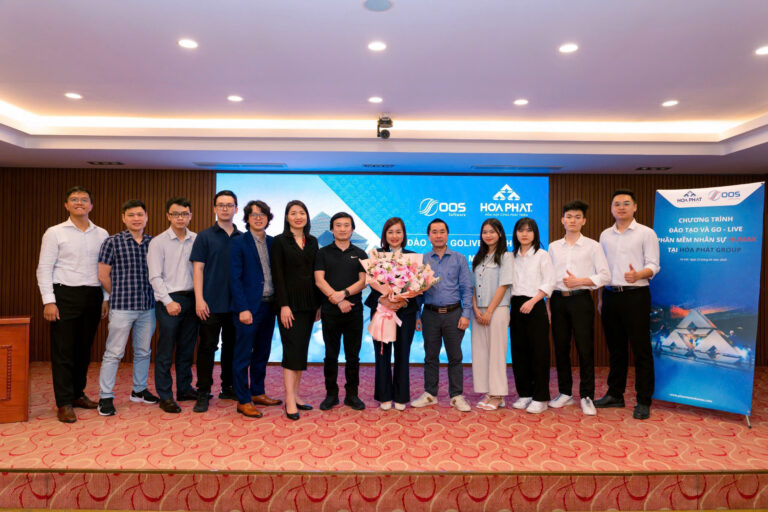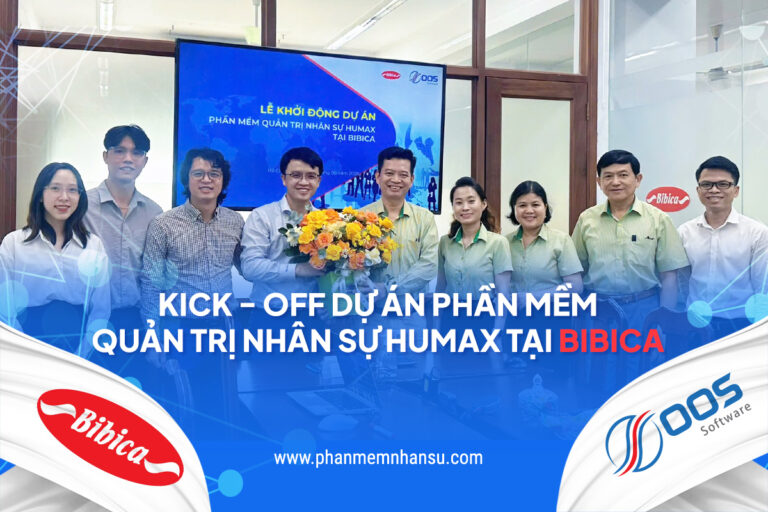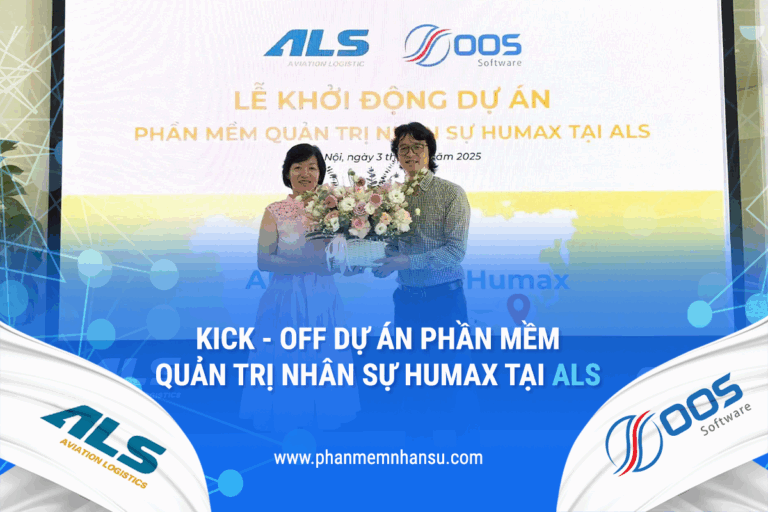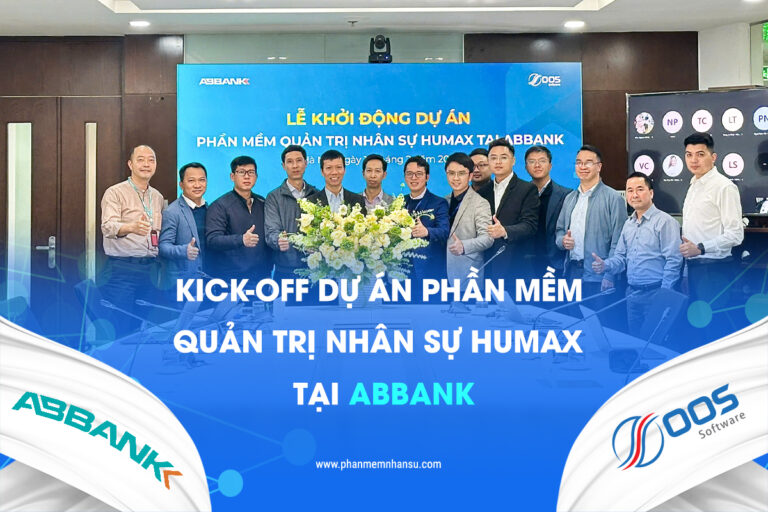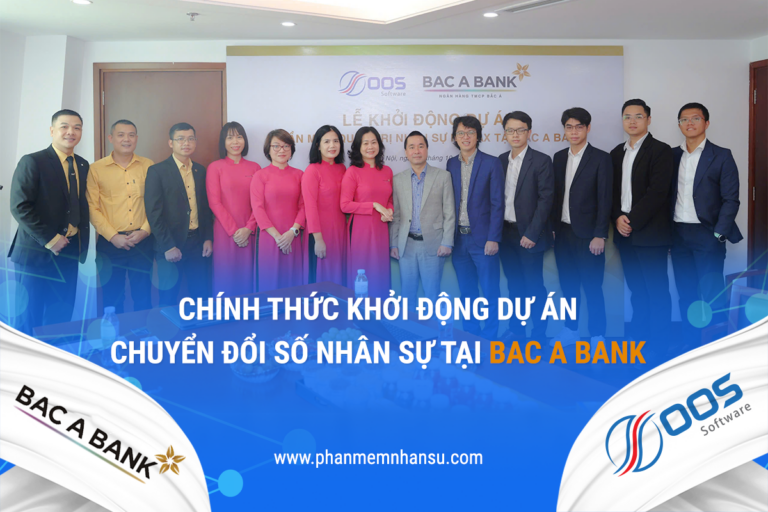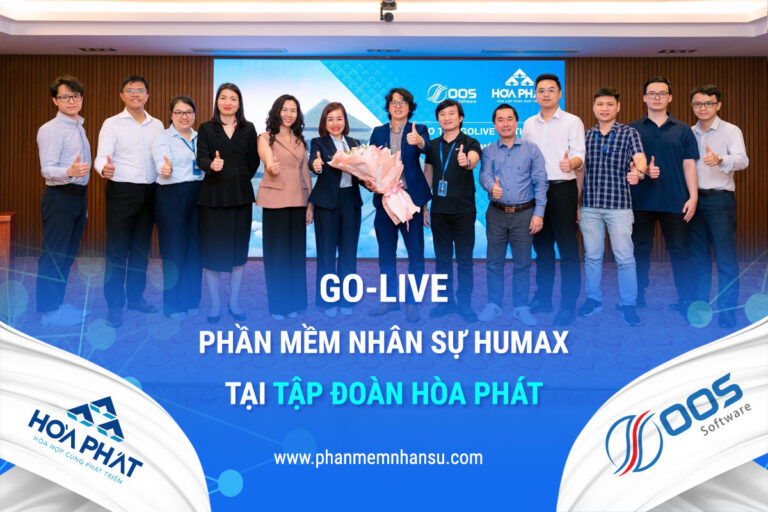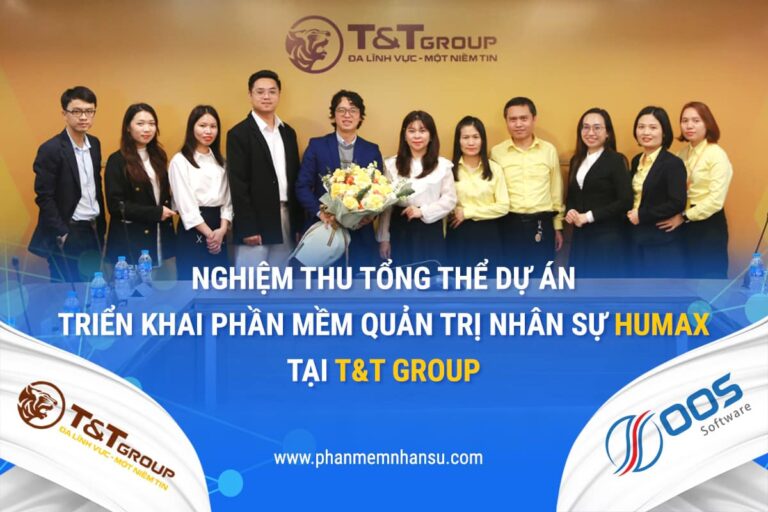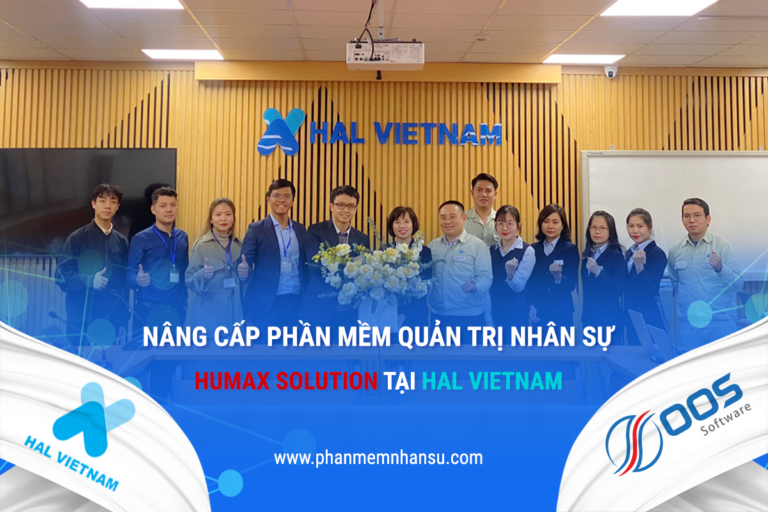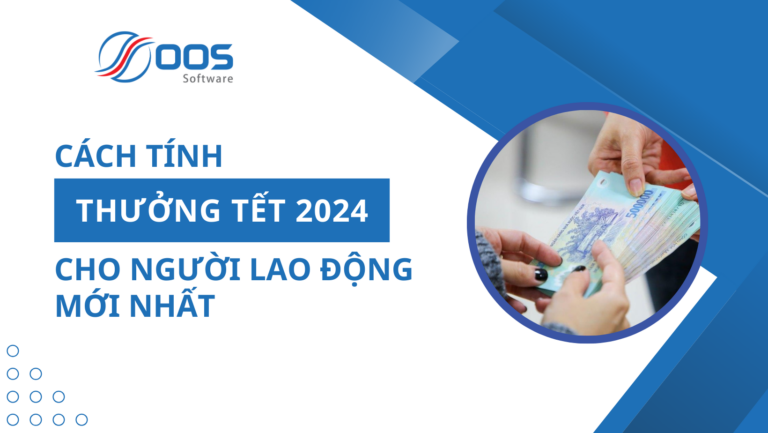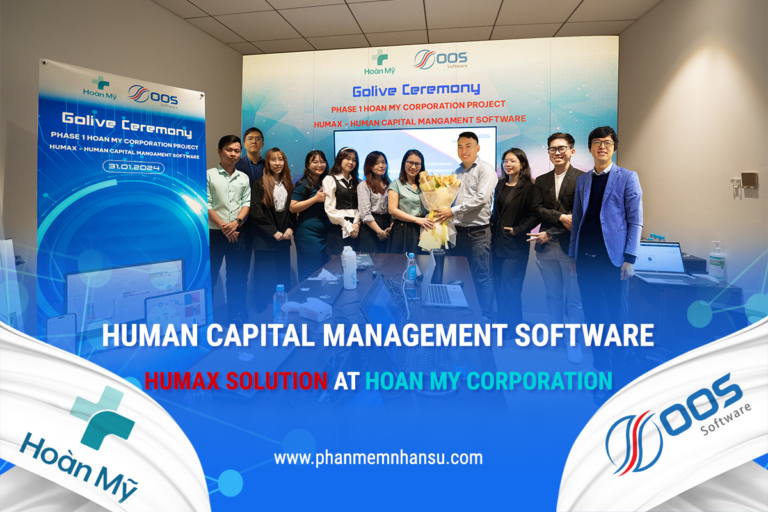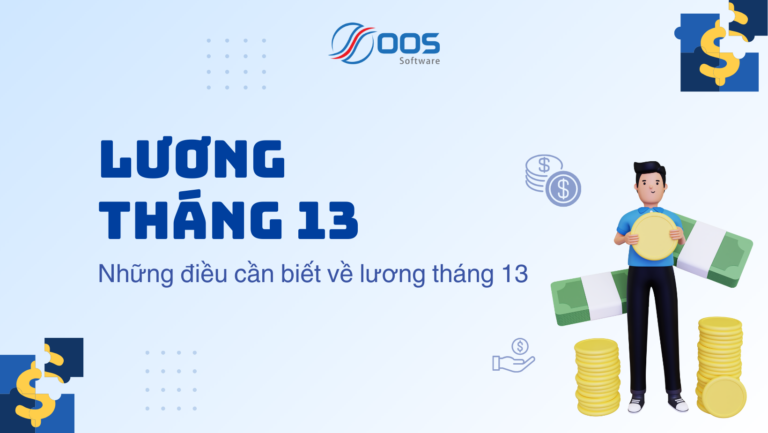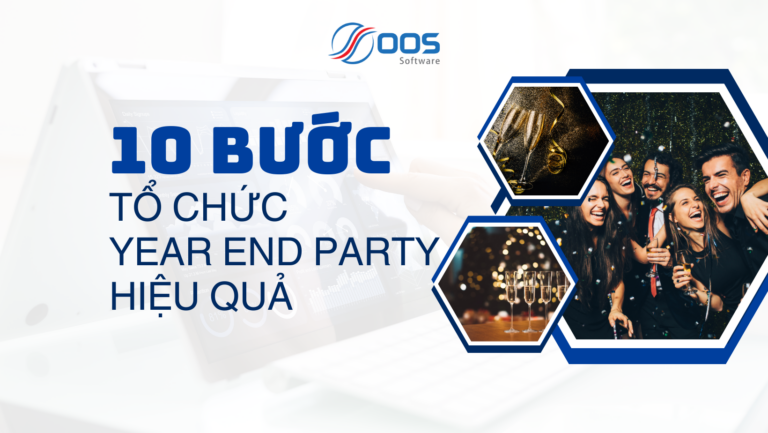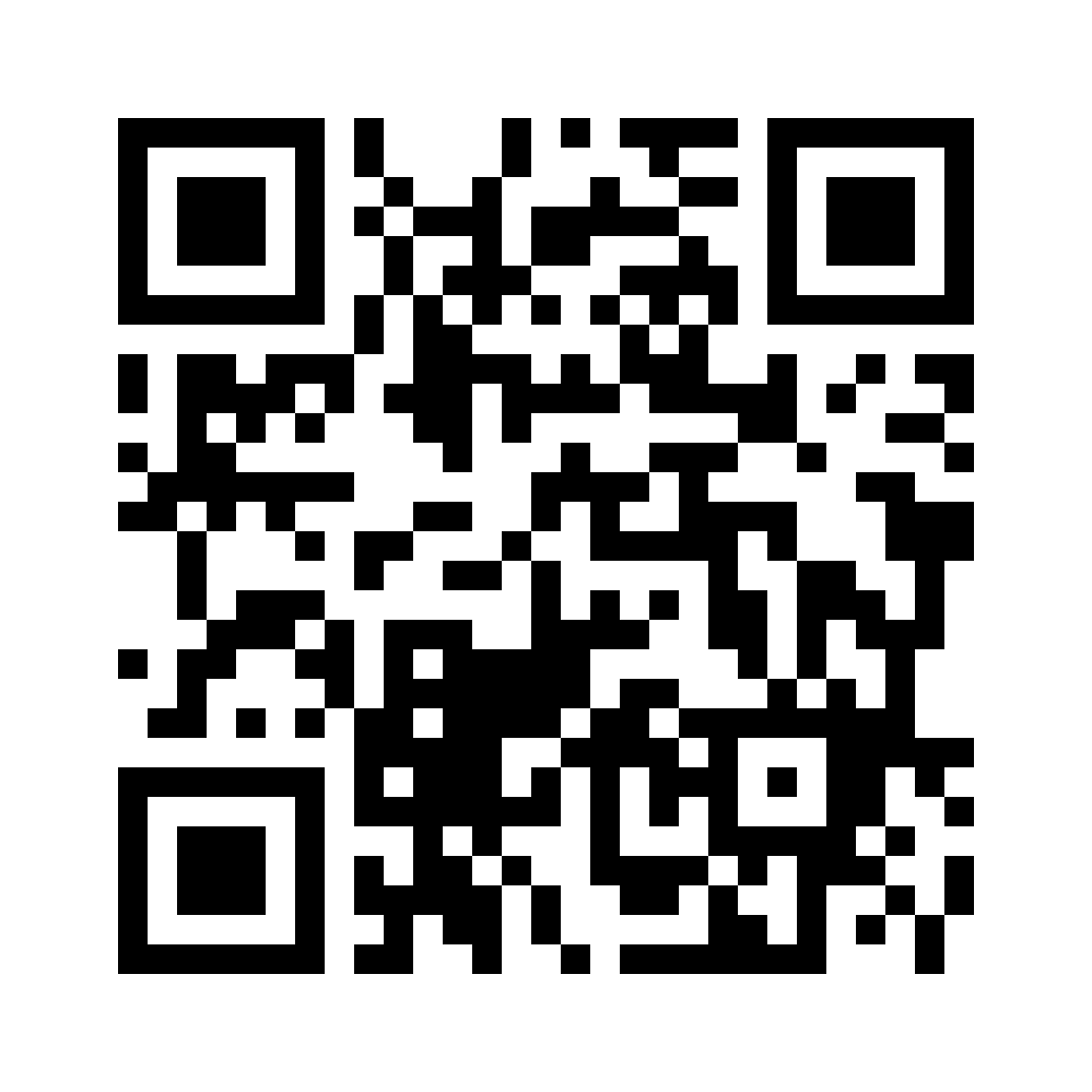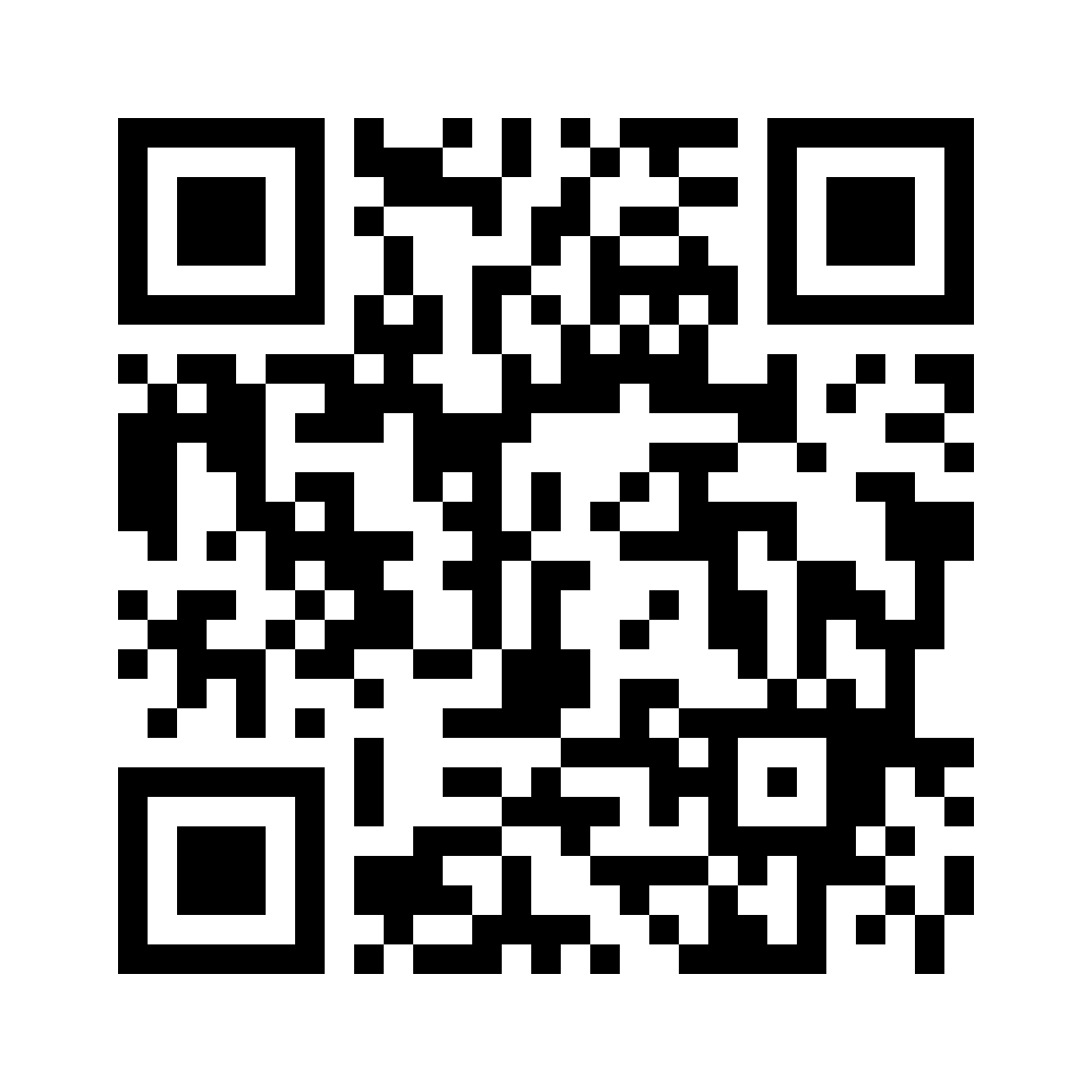In today's business environment, businesses are facing the challenge of multi-generational human resource management. With the simultaneous emergence of many generations, from Gen X to Gen Z, differences in values, perspectives and work styles become an important factor affecting organizational performance and success. . To leverage the power of these generations and build a successful multigenerational corporate culture, we need to apply the right tactics.
In this article, we will explore three important tactics to help build a multi-generational corporate culture intentionally and effectively. We'll explore the differences between generations of employees, what to keep in mind when building a multi-generational corporate culture, and finally, explore three important tactics to do this.
What are the differences between generations of personnel?

The difference between generations of employees is an important factor to understand to build a successful multi-generational corporate culture. Here is an overview of the differences between the major HR generations:
Generation X (born 1965-1980):
- Characteristics: Generation X developed during a period of social and technological upheaval. They often have high independence, the ability to adapt to change and care about life balance.
- Skills: Generation X often has management skills and creative thinking. They like to work in groups and appreciate flexibility in work.
Generation Y (born 1981-1996):
- Characteristics: Generation Y, also known as “Millennials,” is the generation that has grown up in the digital technology age. They demand personal growth, find meaning in work, and align with organizational values.
- Skills: Millennials often possess high tech skills, creative thinking, and the ability to multitask. They expect regular feedback and continuous learning opportunities.
Generation Z (born 1997-2012):
- Characteristics: Generation Z is a generation that has grown up in a digital environment, has a high level of technology usage and a diversity of interests and working styles.
- Skills: Generation Z often has high-tech skills, diverse interests and work styles. They are multitaskers, creative and like to work in flexible environments.
See more: Delloite 2023 GenZ and Millennials Report
The differences between generations of employees come not only from factors such as age, education or job skills, but also from values, perspectives, and approaches to life. Understanding these differences between generations will help build a compatible working environment and support the development of all members of the organization.
3 Strategies for building a multi-generational corporate culture
Accept the differences between generations to build an effective culture

Looking at individuals:
In the process of building a multi-generational corporate culture, the first important thing is to accept and respect the diversity of individuals. Instead of looking at generations and imposing common characteristics on people from those generations, focus on the individual. Evaluate them based on their abilities, performance, work attitude, skills and value they bring to the organization. By doing so, we facilitate fairness and recognition of each person's unique worth.
Encourage employees to find common ground:
One of the effective ways to build a multi-generational corporate culture is to encourage everyone in the business to find common ground with each other. Despite differences in age and generation, we often have many things in common in terms of personal interests, concerns and values. Finding and creating these commonalities helps us build engagement and understanding of our working partners.
Avoid assigning tasks based on individual preferences:
When assigning tasks and projects, don't assign tasks based on people's interests or age characteristics. Instead, consider each individual's abilities and skills and assign work based on that. This creates opportunities for each person to develop and contribute according to their abilities. Although there are some jobs that are not the forte of a particular generation, this will be a good opportunity for employees to develop and bring satisfaction and motivation to them.
One study found that 61% employees reported being satisfied with their jobs when placed in challenging situations, and those who felt there were opportunities for growth were 83% more likely to be job satisfied. This shows that assigning work based on ability and providing development opportunities increases employee satisfaction and motivation.
Appreciate the contributions of each generation
Each generation has unique experiences and contributions. Learn and evaluate the value that each generation brings, including the wealth of experience of previous generations and the energy and creativity of younger generations. Creating a work environment where all generations are respected and appreciated is an important factor in building a multigenerational corporate culture.
Learn from the success of generations

Improve your coaching and mentoring skills:
To promote the development and success of younger generations, guiding and mentoring them is very important. This helps them develop skills and gain a clear understanding of workflows and job requirements. At the same time, provide guidance, advice and impart knowledge and experience from previous generations.
Organizational leaders and managers also need to improve their skills in effectively communicating knowledge and building a mutually supportive environment. This can include leadership training in coaching and mentoring skills, providing learning materials and resources to employees, and establishing formal training programs.
Building trust through accountability:
Trust is an important factor in building an effective multi-generational corporate culture. To build trust, management and leadership must demonstrate accountability to their employees, regardless of generation.
This means leaders must facilitate transparency and honesty in their decisions and behavior. They need to clearly explain the reasons and rationale for decisions, listen to and understand employees' perspectives, and take responsibility for the consequences of their decisions.
Connect employees and encourage collaboration
Encourage opportunities for mutual learning
We know that multi-generational businesses have a great advantage in terms of diversity of expertise and skills, thereby creating great opportunities for people to learn and share knowledge.
Encouraging employees within the company to learn from each other is very important. This can include allowing older generations to participate in high-level meetings, client communications, new tenders and client parties. Or young team members have the opportunity to share information about technology or trends with older generations. This creates opportunities for personal interaction within the office.
This helps each generation see and appreciate the value that others bring, while encouraging positive and mutually beneficial interactions. As a manager, it is important that you facilitate these opportunities – whether they are meetings between individual team members or encouraging “lunch and learn” opportunities for employees to present and share. Share expertise with teammates.
Take advantage of the power of teambuilding activities
According to the National Institute of Business Research, employee satisfaction increases by nearly 50% for those who feel a strong connection at work. Implement teambuilding activities to create opportunities for different generations to interact and work together. Activities such as group games, game talks or recreational activities help build relationships and create understanding between generations.
Focus on common goals
Set a common goal for the entire organization and encourage all generations to work together to achieve it. A focus on common goals creates connection and consensus between generations.
Use the right tools
Use appropriate tools and technology to create opportunities for intergenerational communication and collaboration. Use tools like instant messaging applications, internal communications platforms, or online collaboration tools to create a connected and convenient work environment for everyone. This enhances communication, information sharing and supports intergenerational cooperation.
Design a suitable workplace
Create a friendly and livable work environment by using workplace design that is appropriate for different generations. This can include providing open workspaces, comfortable break-out areas, team meeting areas and flexible workspaces to suit the needs and working styles of each generation.
See more articles about Corporate Culture: An excellent HR experience is the key to installing a successful corporate culture
Conclude
Leveraging not only the skills and knowledge of each generation but also building relationships and creating connections between different generations is an important factor in building an effective multigenerational culture.
By accepting generational differences, enhancing intergenerational learning, and encouraging collaborative connections, we can create a strong and productive multigenerational workplace.
Contact
OOS Software has more than 10 years of accompanying many businesses and corporations. Contact now to Get advice on Human Resources Management Software for your Business.

